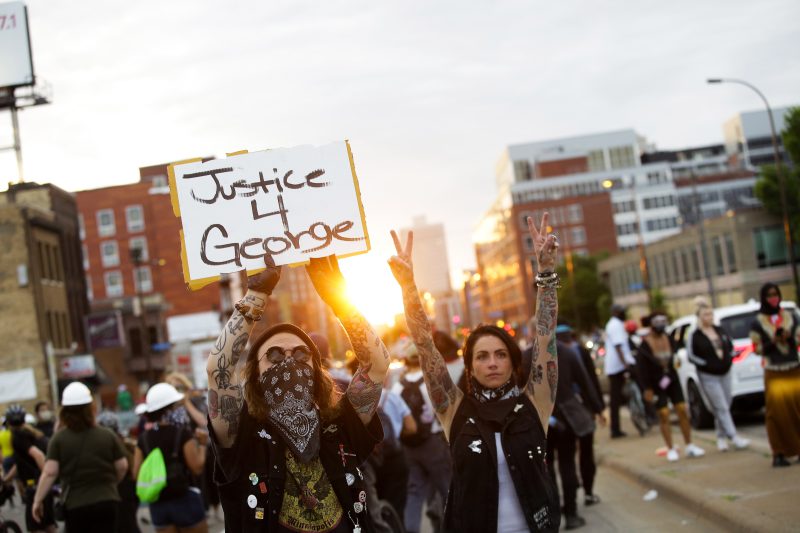In the wake of the George Floyd protests that spread across the United States in the spring and summer of 2020, Governor Walz’s handling of the situation has come under renewed scrutiny. The protests, sparked by the killing of George Floyd in police custody in Minneapolis, were some of the largest and most sustained demonstrations the country has seen in recent years. As various groups of stakeholders continue to analyze and debate the response to the protests, Governor Walz’s decisions are being closely examined.
One key aspect of the criticism leveled at Governor Walz is the initial response to the protests. Many argue that the use of force by law enforcement was heavy-handed and escalated tensions rather than de-escalating the situation. Images of police in riot gear using tear gas and rubber bullets on peaceful protesters only served to inflame public anger and increase distrust between law enforcement and the community. Critics believe that a more measured and empathetic response was needed to address the grievances of the protesters.
Moreover, the deployment of the National Guard to assist in controlling the protests also raised concerns. While the Guard’s presence may have been necessary to prevent further violence and looting, some viewed it as a heavy-handed militarized response to a largely peaceful demonstration. The use of military tactics in a domestic civilian context is a highly contentious issue, and many critics argue that it can further erode trust between the public and government institutions.
Another area of criticism is the lack of communication and coordination between various government agencies during the protests. As the situation rapidly evolved, the response appeared disjointed and inconsistent, leading to confusion and frustration among both law enforcement officers and protesters. Effective communication and coordination are essential in managing such large-scale events, and the failure to do so contributed to the challenges faced during the protests.
In the aftermath of the protests, Governor Walz has faced calls for accountability and reform. Many believe that the events of 2020 exposed deep-seated issues of systemic racism and police brutality that need to be addressed at both the local and national levels. Calls for police reform, increased accountability for law enforcement officers, and greater community engagement have become prominent themes in the ongoing discussions surrounding the protests.
Despite the criticism and challenges faced during the protests, Governor Walz has an opportunity to learn and improve from the events of 2020. By engaging with community members, listening to their concerns, and implementing meaningful reforms, he can work towards rebuilding trust and fostering a more inclusive and equitable society. The lessons learned from the George Floyd protests can serve as a catalyst for positive change and a more just future for all.

